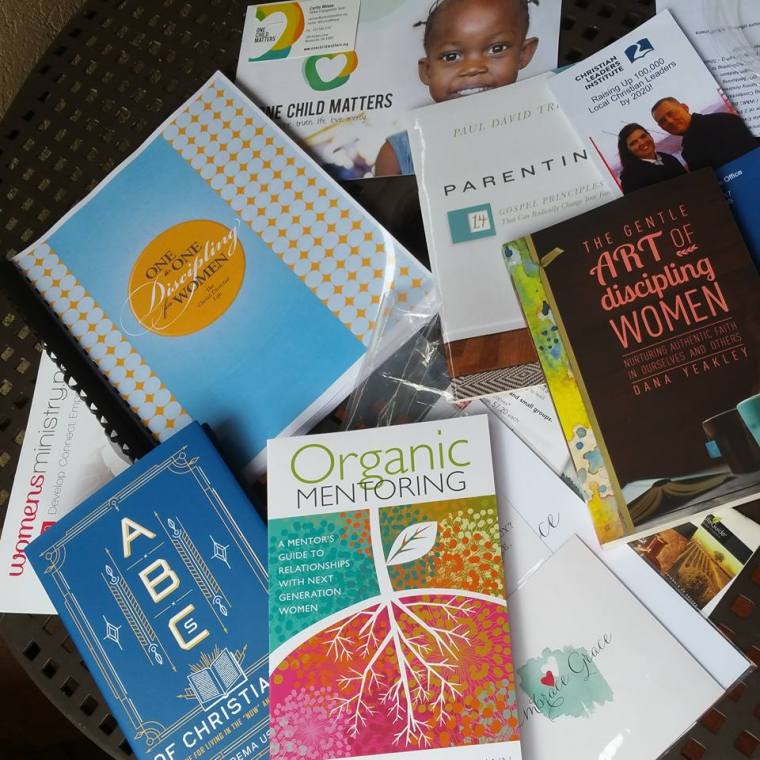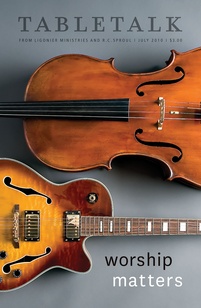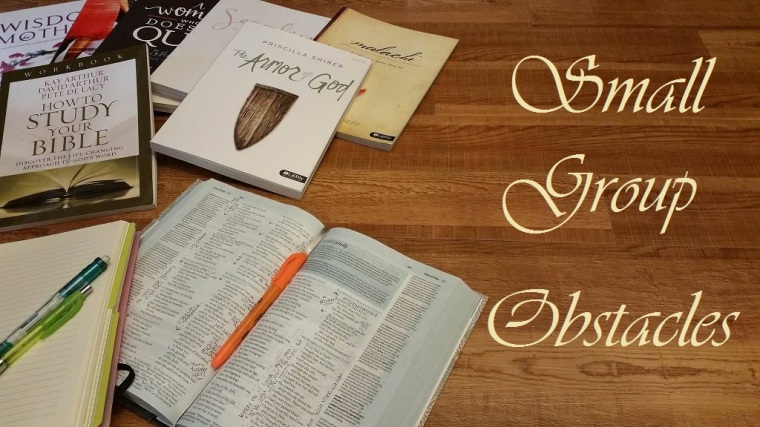For those who were unable to attend the Mentoring and Ministering training event, we are ending our recap from our speakers. Today, we are going to share some of Aimee Nelson’s talking points about ministering to our mothers of unexpected pregnancies. Aimee is a Senior Pastor’s wife, speaker, author, and founder of YouMom. YouMom is a 501(c)(3) non-profit organization formed for the purpose of providing emotional, practical and spiritual support for single, young girls who find themselves with an unplanned pregnancy
It is incredibly important for us, the leaders of the Women’s Ministry Council, to not only work on providing quality training for Women’s Ministry leaders and their team members; but also connect them to resources and encourage how their ministries will impact our community. Therefore we ended this year, and will be focusing the better part of next year on intentional discipleship. When Jenny Andrews spoke the group, she hit a very key point… mentoring is an intentional act. As leaders we need to be positioning seasoned women in our churches into positions where they can mentor the new believers. However, our reach doesn’t stop there.
I can’t think of a single church that hasn’t been impacted by an unexpected pregnancy. The truth is that every single Christian church was founded on the ministry of a baby born unexpectedly. When Aimee Nelson shared her heart for women who face unexpected pregnancies, she said two things that jumped out at me and I keep finding myself returning to.
- When Mary found out she was pregnant, she went to her cousin Elizabeth. Mary had a woman who would walk alongside her in this pregnancy. She didn’t go this journey alone.
- We must not forget that teen moms are not the only unexpected pregnancies that will happen in our church. Think of that mom, with adult children, who finds out she is pregnant. Married or not, this too is an unexpected pregnancy and she will need women to walk alongside her. A lot may have changed in the world since she was last parenting a baby.
Aimee Neslon didn’t waste one second to get right to the point, when she posed this question:
We would all agree that mentoring is necessary and pertinent, and in most churches we do it well. However, I want to pose a question. If a teen mother walked into your church, would there be a place for her to go and be ministered to?
Aimee Nelson, Founder of YouMom
Aimee pointed out that churches have conveyed strong messages about not having an abortion, and celebrating those who walk away from the abortion clinic. Yet, she hit us all right in the heart when she asked who from the church was going to walk alongside her now that she has chosen life? Strongly encouraging us to see this as an opportunity to share the love of Christ.
“On her Facebook Page, Aimee referred to these young mothers as the “Modern Day Widows” and that has struck a cord for me. These are young women who, regardless of the reason, are left alone to raise their children without a spouse at their side. If we are called in the scripture to help the widow, the orphan, and the alien… it includes our teen and single mothers”
Gena McCown
Aimee shared about the work her ministry, YouMom, does within their community. This includes and intentional mentoring program where the mothers earn “bucks” to spend in their “store”. The community supplies things from diapers, clothes, formula, etc. for the “store” and the women can spend the “bucks” they earn by attending mentoring sessions and group meetings. These meetings cover prenatal counseling and birth coaching through helping the moms after the babies have been born. Mixed in with the practical mothering advice, these young moms are introduced to Jesus. They have celebrated many of these girls accepting Christ into their lives and being baptized. Aimee’s group is creating a legacy in her community.
A few months ago, I met a woman who shared the following story with me. She had been invited as a teen to attend youth group with one of her Christian friends. Her family didn’t attend church and she enjoyed the youth group and fellowship. Then, she found out she was pregnant. Afraid that she would set a bad example for the other teens, the Youth Pastor asked her not to return. She walked her pregnancy alone, and became a teen mom. A few months after her child was born, tragically the baby died. She not only had to endure the pregnancy alone, but also her grief and mourning. When the church eventually learned what happened, suddenly they wanted to rally around her. She declined their offer and has never stepped foot in a church again.
We need to do better as a church, and the Women’s Ministry can be a driving force in making this happen. We can reach out to our single moms in the church and in the community, in a positive and helpful way.
There were seven specific things that Aimee shared that we can do as a Women’s Ministry, and church, as we come up along side these young moms. We are going to highlight these points. If you would like more information, I would encourage you to reach out to Aimee Nelson via YouMom or find her on Facebook.
- Acceptance – They need to know that they are welcomed and loved.
- Affirmation – We can affirm her, as we affirm the choice she made FOR LIFE.
- Accountability – Connect her to a mentor, to help her set and accomplish goals.
- Respect – Teen pregnancy often results in the girl being disrespected by friends, family, and strangers. When she is shown respect, it solidifies her choice of life was the right one.
- Support – She is under a load of stress and emotions, she needs to know she’s not walking alone.
- Grace & Compassion – When she realizes she deserves grace, she will not only extend it to others but will begin to walk in that grace.
- Knowledge that Her Life Is Not Over – Teen moms often feel that their dreams are over because of the pregnancy (education, career, marriage, etc). She needs to know that this too is now a season of her life, and there is more ahead. Remind her of her value and worth, and that God is a redeeming God.
How can our Women’s Minsitries create this space? Aimee suggests the following:
Pray, and ask God to open your eyes. Are there any teen moms in your church or in your community? What are their needs? Do we have valuable resources that might assist them? Pray over what your church can do (starting a support group, financially supporting a community support group, collecting goods for a pregnancy closet, volunteering at a pregnancy crisis center). Pray for these girls, their babies, and that they will see their value in God.
Be an advocate for these girls. When you see someone speaking down to them, be a voice and stand up for them. Proverbs 31:7-8 says, “Open your mouth for the mute, for the rights of all who are destitute. Open your mouth, judge righteously, defend the rights of the poor and needy.” And, Psalm 82:3-4 reads “Give justice to the weak and the fatherless; maintain the right of the afflicted and destitute. Rescue the weak and the needy; deliver them from the hand of the wicked.”
Aimee Nelson, YouMom
Aimee closed by reminding us that one girl’s yes, 2000 years ago, changed the universe. What could your yes change? When the church partners together and we walk alongside a young woman, we are letting her know that hope is in front of her. We empower and equip her, having an impact on two lives at one time.




















